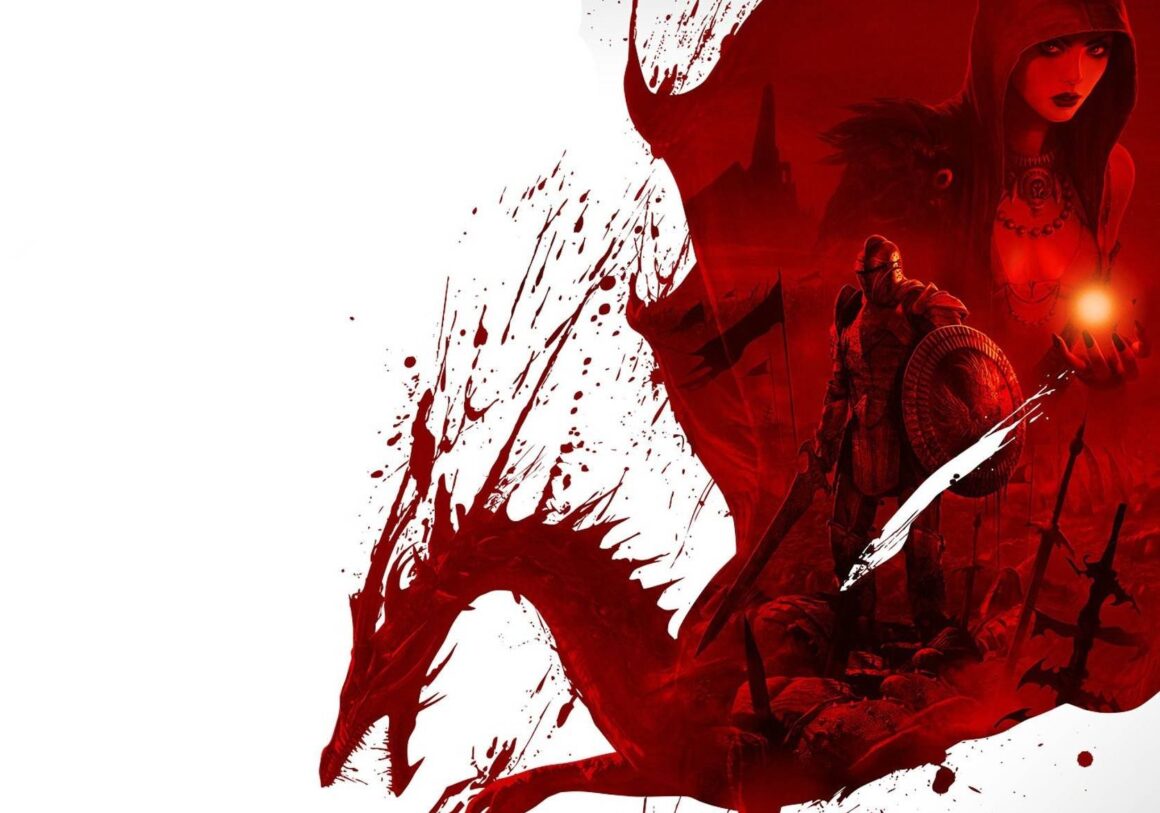I don’t understand why EA wouldn’t want to fund a remake or remaster of the original Dragon Age trilogy. They’re one of the most beloved trios of games in modern gaming history. Fans would have paid handsomely for an upgraded version of Origins alone. It’s mind-boggling that EA would leave so much money on the table. Especially now, when the publisher could use some goodwill and win back fans.
BioWare’s Pitch and EA’s Shrug
BioWare has pitched the idea to remake Dragon Age: Origins and possibly Dragon Age II and Inquisition. They floated everything from simple remasters to full remakes and partnerships with external teams to modernize the original game.
However, EA showed little enthusiasm every time the idea surfaced. Even though the Mass Effect: Legendary Edition was a clear success, EA still won’t budge on Dragon Age.
What’s Holding EA Back?
Here’s where it gets baffling: remastering Dragon Age is technically tougher than Mass Effect. The trilogy spans two different engines and older tech, meaning most of the work can’t be outsourced. It demands significant in-house resources and EA declined to allocate them.
Worse yet, they insisted remaster costs come directly out of BioWare’s current project budgets, like the upcoming Mass Effect 5. That isn’t feasible when you’re already up to your ears in active development.
EA’s Aversion to “Easy Money”
According to former BioWare executive producer Mark Darrah, EA is “kind of against remasters” as a matter of policy. He called it “strange for a publicly traded company to basically seem to be against free money.”
EA wants “obscene profits.” If a project can’t promise astronomical returns, they’ll shrug it off. Even something as like Dragon Age won’t be considered if it diverts resources from new or live-service titles.
A Short-Term Focus at a Long-Term Cost
EA’s refusal isn’t just about Dragon Age. It reveals a pattern of prioritizing short-term gains, live-service models like Apex Legends and EA Sports FC, while being laser-focused on big, fast returns. That blinds them to long-term brand health, innovation, and player investment. Overemphasizing immediate profits risks franchise fatigue, player attrition, and diminishing cultural relevance.
We already saw how that strategy worked for Dragon Age: The Veilguard. Players were turned off by the decisions EA made that impacted the game’s story and harmed the reputation of the franchise.
A remaster of the original Dragon Age games is a good first step to appease fans. By rejecting the idea, EA risks eroding goodwill and value rather than preserving it.
Why won’t EA let BioWare remaster or remake the Dragon Age trilogy? Because it disrupts their policy. It’s maddening and shortsighted. Fans see a golden franchise ready for rejuvenation. EA sees dollar signs yet ignores the avenues that could make the “obscene profits” they’re longing for.






